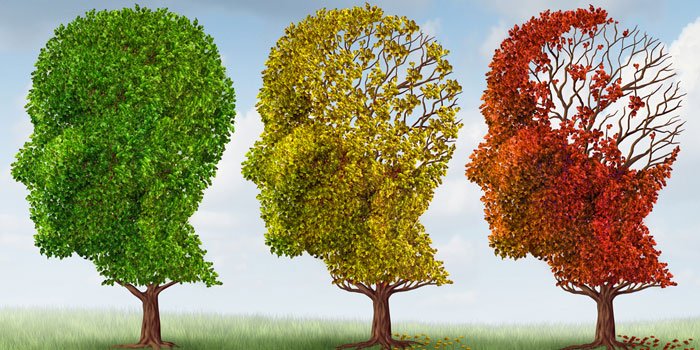No products in the cart.
Uncategorized
How Ageing Affects the Brain
Years ago, scientists thought that human brain connections developed at a rapid pace in early life, reaching a mental peak in the early 20s. Cognitive abilities would stabilise around middle age, and gradually decline after. However, this is not an accurate reflection on how our brains develop as we age.
Scientists now know that the brain is continuously changing and developing across our entire life. There is no point in time when cognitive abilities hold steady. As some of our brain functions become weaker with age, others actually improve.
Changes in the Brain in Older Adults
Ageing increases the branching of dendrites, and connections between distant brain areas strengthen. With these changes, the mature brain is actually better at distinguishing relationships between varied sources of information, capturing the big picture, and understanding the holistic implications of specific situations. This research lends itself to the popular saying that the older we get, the wiser we become.
However, as we get older, some of our brain areas shrink in size and the myelin sheath, which protects nerve fibres wears down, which can slow the speed of communication between the neurons in our brain. In addition, surface receptors that enable neurons to communicate with each other cease to function as well as they used to. This affects an older person’s ability to process and store new information in their memory, as well as their ability to retrieve the information that’s already there.
Another downside to the ageing brain is the significant increase in the risk of brain diseases.
Age and Brain Diseases
Brain diseases such as Alzheimer’s disease, Huntington’s disease and other forms of dementia are more likely to develop as you age, slowly impairing memory and thought processes. These diseases are types of neurodegenerative diseases.
Neurodegenerative diseases destroy the brain’s tissue and nerves and cause brain function to deteriorate over time. They can also change a person’s personality and cause them significant confusion. These diseases can be difficult to spot as small changes are often put down to getting older. However, the more common symptoms of neurodegenerative diseases include:
Neurodegenerative diseases cause permanent damage. As the disease progresses, symptoms will typically get worse and new symptoms will present.
It’s important to remember, however, that as the brain changes as we age, we are likely to experience some of the symptoms outlined above with no connection to neurodegenerative disease. From middle age, people will often see slips in their memory, such as trying to recall the name of an old friend or being unable to find the right word for a situation.
It can be difficult to tell whether these occurrences are the result of normal memory decline or are indicative of a more serious underlying problem. The following can provides some examples of normal ageing scenarios and situations that may need further attention.
Normal Signs of Ageing | Potential Signs of Deeper Issues |
Having to rack your brain to find the word you’re looking for. | Consistently using the wrong words. For example, referring to a ‘glass’ instead of a plate. |
At work you may not be as quick as you used to be at completing tasks, but you can still get through them if you take your time. | You can no longer perform your existing job responsibilities with ease and find it difficult to carry out the tasks you’ve always done. You also struggle to follow a series of steps or instructions. |
You forget where you’ve put your car keys. | You get in the car and you’ve forgotten how to drive. |
If you are in a loud environment, you may have to concentrate more to keep up with the conversation. | You find it impossible to keep up with a conversation if there is any background noise or distractions. |
You may get angrier during an argument than you would have previously. | You often yell at your partner or children, for seemingly no reason |
You sometimes lose your house keys | You constantly seem to be misplacing keys, the television remote and other everyday items. Then they turn up in weird places – like the freezer. |
You can’t remember what you had for lunch yesterday, but when someone reminds you it comes back to you. | You can’t remember what you had for lunch yesterday, and even when someone tells you it doesn’t come back to you. |
You go out for dinner and feel very indecisive about what dessert to have, but finally decide. | You find it impossible to make decisions on what to eat, what to wear, what you want to do that day or other small daily decisions. |
You are a bit more cautious when driving than you used to be and perhaps drive a bit slower. | When you’re driving you are slow to react and sometimes completely miss stop signs or don’t register red lights. |
Answering the phone takes you a little bit longer. | You don’t even realise when the phone is ringing, and it doesn’t occur to you that you need to answer it. |
Remember that as you age, your reaction time to stimulus is likely to slow down. By continuing to engage the brain, you can help delay this process. Check out the Ageless Grace® program to improve your brain health through a combination of fun, playful exercises. Or, if you’re caring for someone with dementia, the Dementia Live® experience could be of great benefit to you. Don’t hesitate to get in touch for more information.


